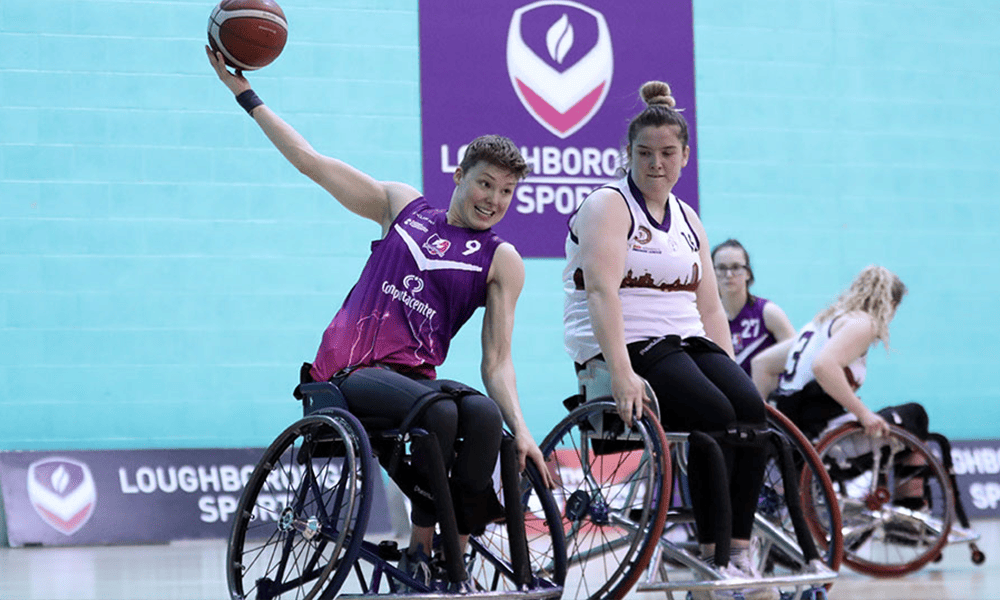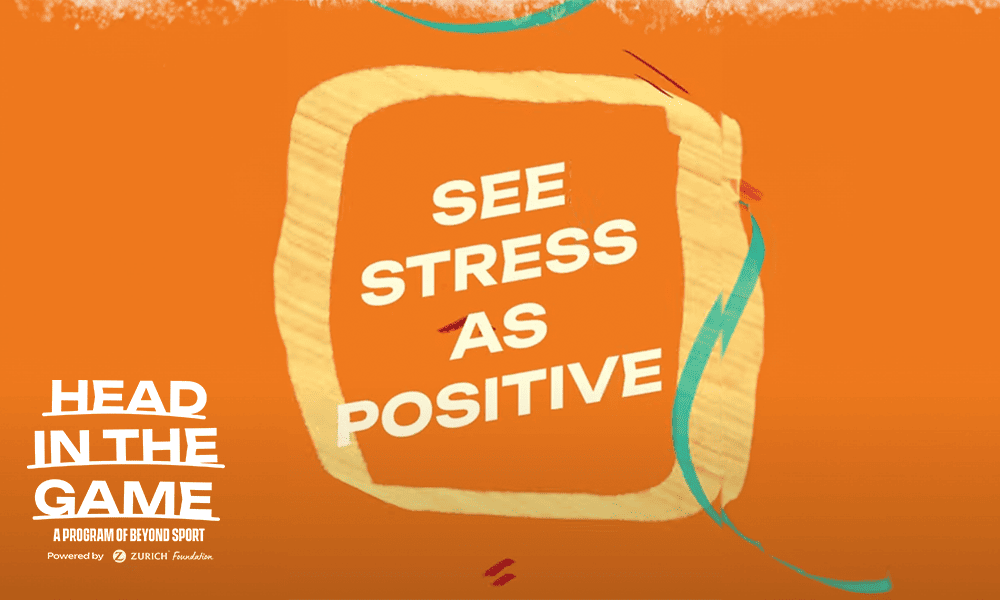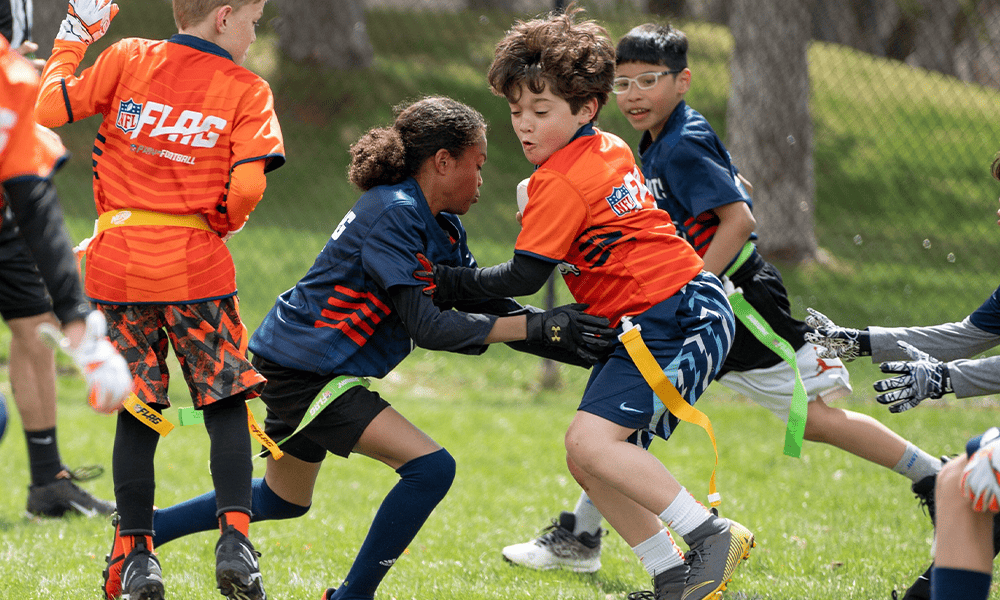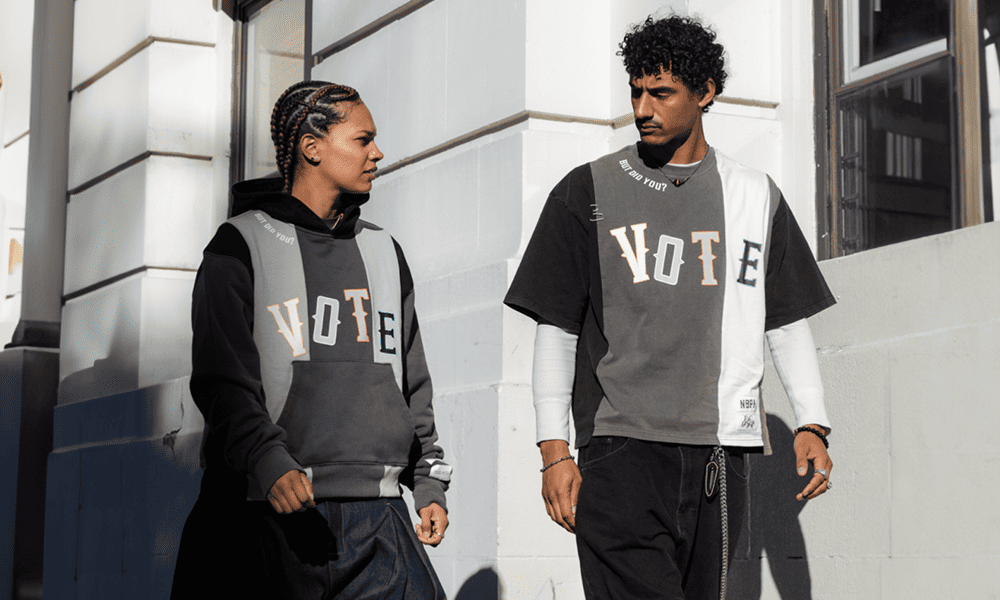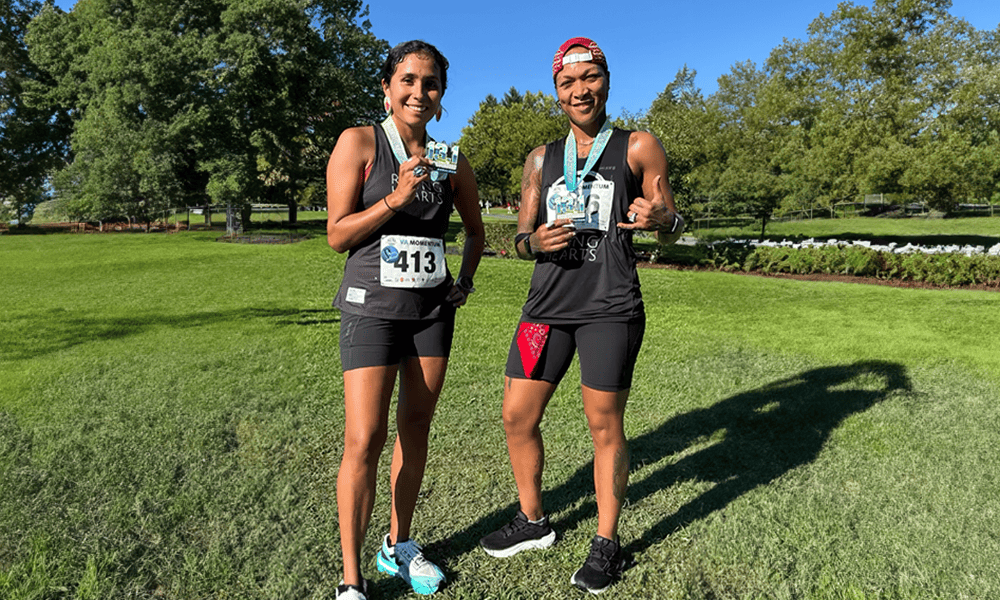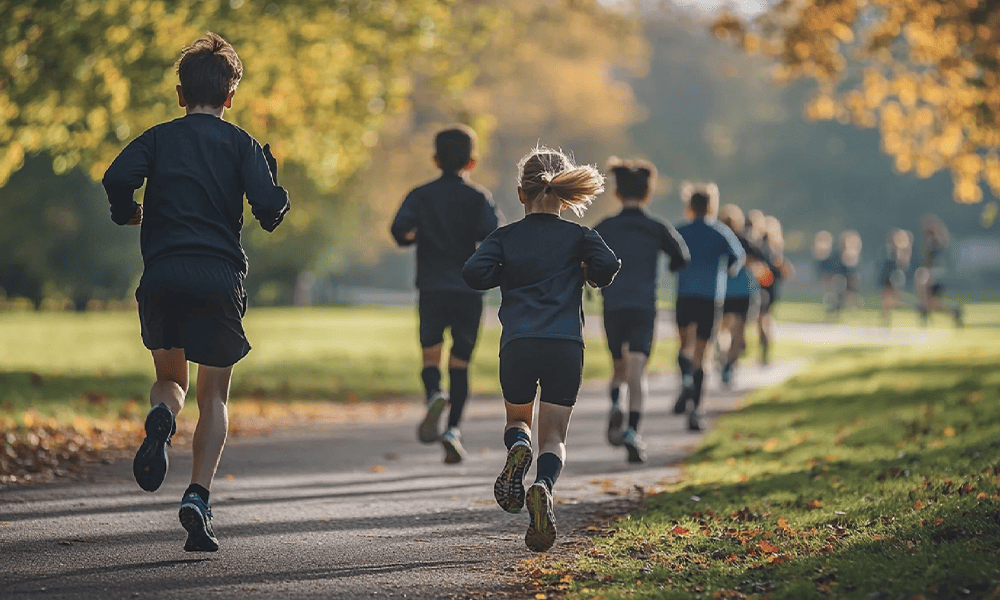July 8, 2022
In advance of our 26th July Beyond the Games 2022 forum in partnership with Sport England and UK Sport, we are sharing insights from a few of our event partners on transforming communities through sport across a broad range of social issues. This week, read our interview with Sport England CEO, Tim Hollingsworth, who spoke to us about the organisation’s Uniting the Movement strategy.
Sport England has been growing and developing grassroots sport and helping more people get active across England since 1996. With a commitment to tackle barriers to physical activity and unlock the advantages of sport for everyone, it announced its 10-year strategy early last year. The vision behind ‘Uniting the Movement’ is to help grassroots sports recover from the coronavirus pandemic, improve inclusivity within sport and ultimately transform lives and communities through sport and physical activity.
Tim expanded on building a collective movement, addressing inequality head on and leveraging the Birmingham 2022 Commonwealth Games to support local communities.

What do you feel are the key things that the sector needs to change in order to keep movement, sport and physical activity central to the lives of everyone in the UK?
Uniting the Movement sets out our intention to build a collective movement of people and organisations who will come together to tackle inequalities, level-up access and use sport and physical activity to help create more resilient, inclusive and connected communities.
Since its launch there is now a much deeper understanding across our partner network that our collective role is to unlock the advantages of sport and physical activity for everyone – but in order to create a more level-playing field, we need to introduce new and innovative ways to increase participation. We also need to listen to local communities, grassroots networks, sports clubs, their volunteers and our expert partners in these areas to understand local priorities, what works best and where investment is most needed.
There is a strong realisation now that Sport England cannot and doesn’t want to do this alone. We’ve had an amazing response from our sector to the strategy and we are proud everyone sees and understands the shared purpose within it, but we need continued and even greater collaboration going forward to maintain the movement’s momentum.
What do you currently feel are the biggest barriers to physical activity in our communities?
Our research shows that certain groups, such as people with disabilities, people from lower socio-economic groups and people from Black, Asian and other minority ethnic backgrounds, have had consistently lower levels of activity for many years. It is essential that we remedy this. This is exactly why our strategy has tackling inequalities at its heart.
We recently co-hosted Closing the Gap in Manchester where more than 100 delegates from community organisations and governing bodies, as well as athletes and politicians discussed some of the solutions to tackling inequalities in the sport and physical activity sector – many of which we’re working hard on already.
It was a fascinating and thought-provoking event, the insight from which will continue to fuel all our work with our partners in helping to break down the barriers that stop certain people from reaping the benefits of taking part in sport and physical activity.

Can you tell us about the strategy’s goals in taking the movement forward?
We want to ensure that we are investing in those that need it the most and that we are finding the right blend of national and local action. That means focusing on four key principles:
- Investing in organisations that have a crucial role to play in building our movement and delivering change.
- Taking what we’ve learned from our local delivery pilots and expanding it into places with the greatest need to support communities to engage in sport and physical activity.
- Using our voice and award-winning campaigns to make the case and encourage people to be more active and break down the barriers to inactivity.
- And finally, ensuring accessibility by simplifying access to our funding and providing a single point of entry and so it’s easy to apply for anyone who wants to join the moment.
Delivering on these principles and investments will be central to the success of our strategy’s long-term goals.
Lastly, Beyond the Games 2022 takes place just ahead of the 2022 Commonwealth Games. How do you feel that the Commonwealth Games can be best leveraged to support local communities?
The lasting impact of Birmingham 2022 Commonwealth Games will be thanks to the creation of long-term, accessible and inclusive opportunities for people to connect with their communities and get active – now and in the future. It’s about bringing communities together and getting people active in a long-term, sustainable way which is why we’re building the physical and social foundations through our £35m investment into the Games – to create a legacy and change that lasts.
We are investing in local infrastructure to create sporting and activity destinations that the whole nation can be proud of – like the Sandwell Aquatic Centre and the Cannock Chase Bike Trails. And we’re working with partners to create opportunities for all kinds of people and communities to get active and involved – such as through the Gen2022 volunteering programme and through our NGB fund, to level up access to sport for disadvantaged communities across the country.
Register for Beyond the Games 2022 today! Join representatives from Brands, Teams & Leagues, NGOs, Rights Holders, Local Authorities, International Federations, National Governing Bodies and Academia at Birmingham’s Villa Park as we focus on sport’s role in Tackling Inequalities, Health & Well-Being and Environmental Sustainability.
